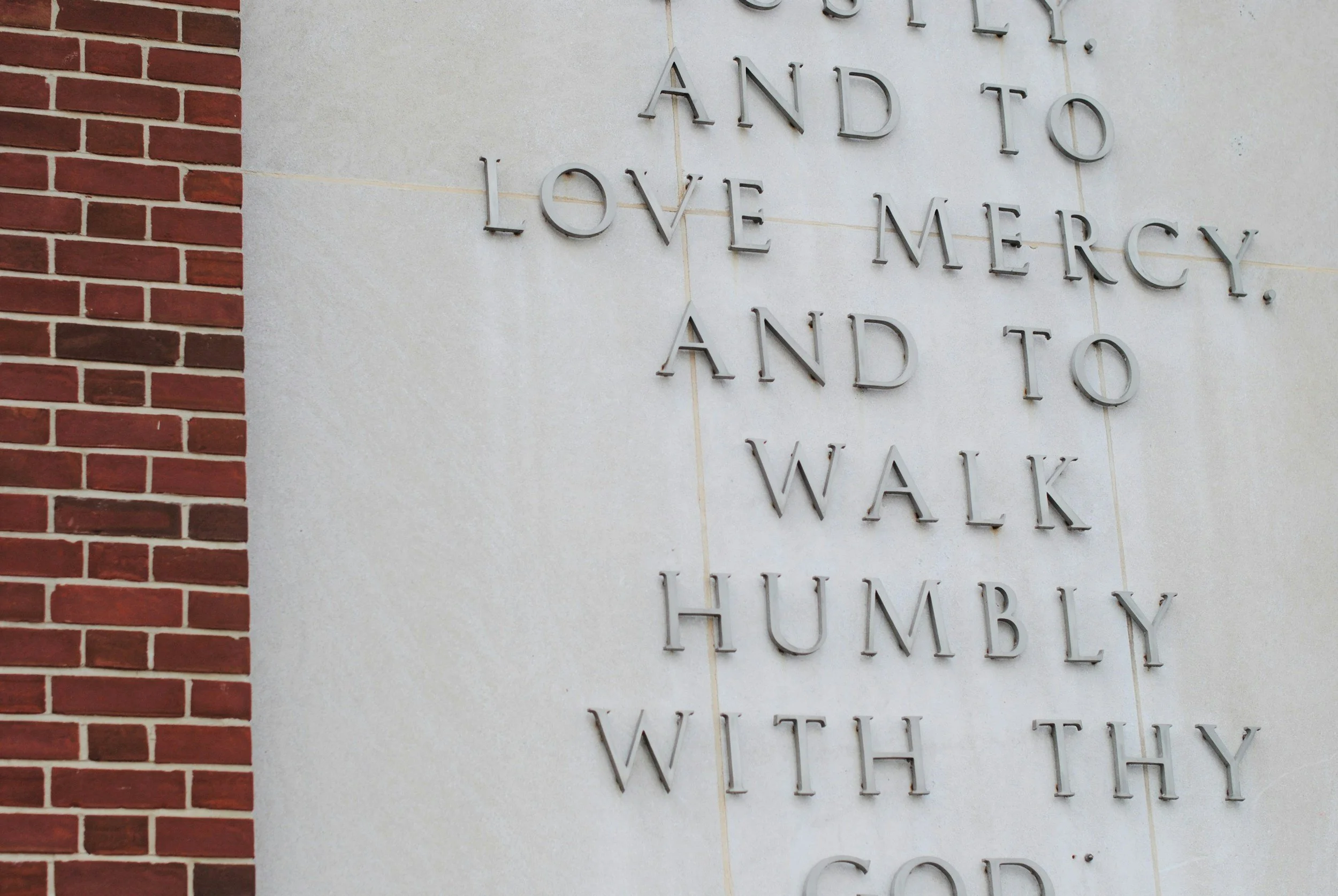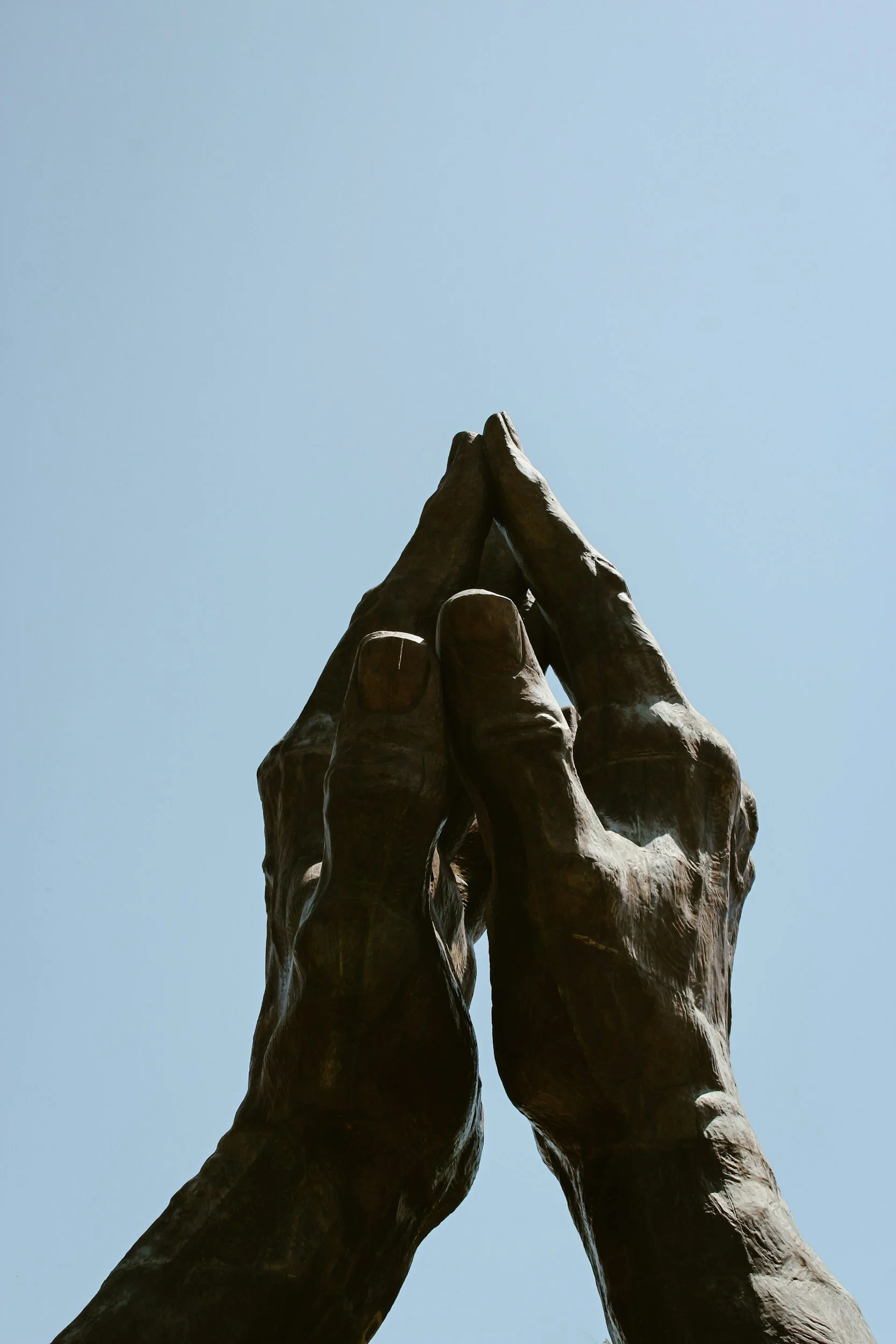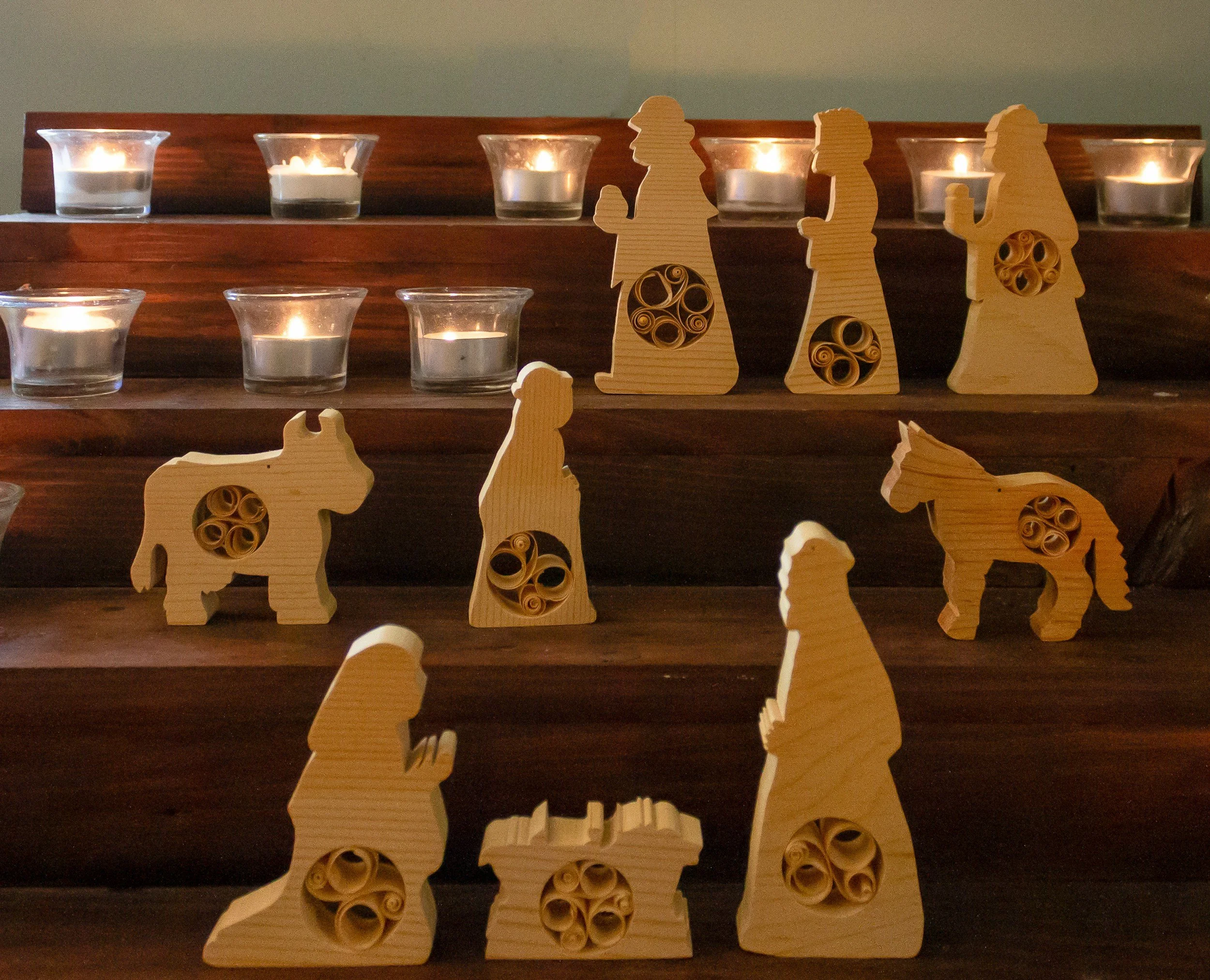
Epiphany Liturgy
Scripture readings, Prayers, and Worship Plans for Celebrating Epiphany

Explanation of Epiphany
Introduction
Epiphany is one of the most significant celebrations in the Christian calendar, marking the revelation of Jesus Christ to the Gentiles. Rooted in biblical history and rich with diverse traditions worldwide, Epiphany invites believers to reflect on God’s manifestation in the world and the ongoing mission of the church.
What Is Epiphany?
Epiphany comes from the Greek word epiphaneia, meaning “manifestation” or “appearance.” It celebrates the moment when Christ’s divine nature was revealed, especially through the visit of the Magi (Wise Men) to the infant Jesus, as described in Matthew 2. This event symbolizes the revelation of Jesus as the Savior not only for Israel but for all nations.
When Is Epiphany Celebrated?
Epiphany is traditionally celebrated on January 6 each year, exactly twelve days after Christmas, marking the end of the Christmas season for many churches. Some denominations and cultures observe Epiphany on different dates or celebrate an extended “Epiphany season” leading up to the Baptism of the Lord.
Here are the upcoming Epiphany dates:
2025: January 6 (Monday)
2026: January 6 (Tuesday)
2027: January 6 (Wednesday)
2028: January 6 (Thursday)
2029: January 6 (Saturday)
2030: January 6 (Sunday)
Epiphany Traditions Around the World
Epiphany is celebrated with a rich variety of customs worldwide, reflecting cultural diversity and shared faith:
Blessing of homes: Many bless their homes by chalking the door with the year and the initials of the Magi (C+M+B).
Star processions: Some communities hold processions carrying stars symbolizing the Star of Bethlehem.
Feasting and special meals: Traditional foods, like King Cake in some cultures, mark the day.
Epiphany chalk: The blessed chalk used in door blessings is a treasured sacramental in many churches.
Epiphany in the Liturgical Calendar
Epiphany follows Christmas and precedes the season of Lent. It highlights the revelation of God in Christ and often sets the tone for the coming weeks, including the Baptism of the Lord. In some traditions, the Epiphany season continues through the Feast of the Presentation or Candlemas in early February.

Epiphany Liturgy
Lectionary-Based Liturgies for the Season of Epiphany












A complete liturgy for Transfiguration Sunday (Year A), following the Revised Common Lectionary. Focused on Christ’s glory, God’s voice, and faithful listening as the church prepares for Lent.